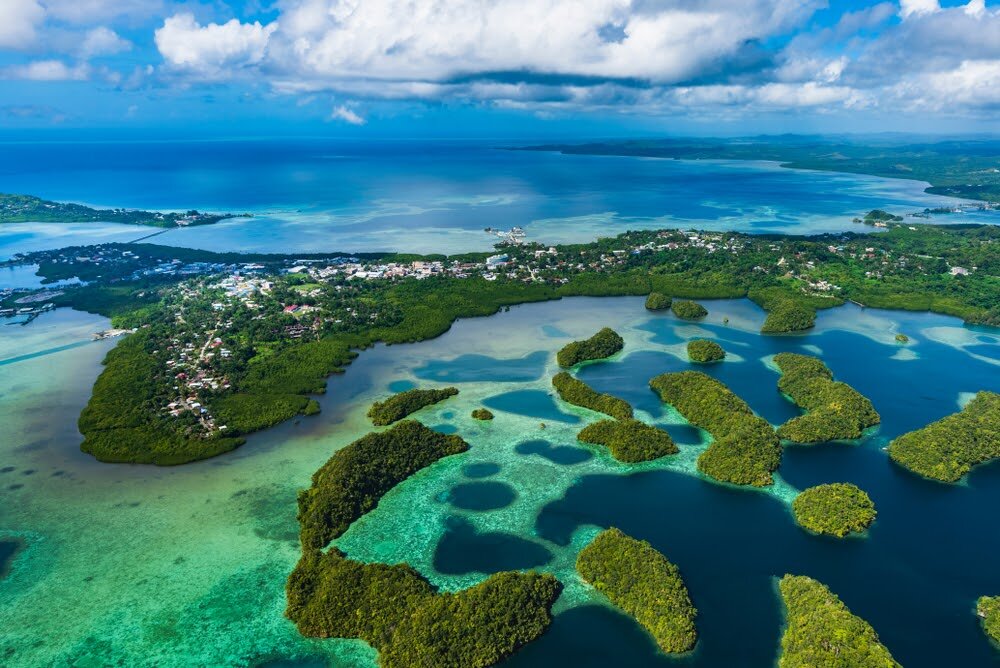
Palau’s main businesses
Palau, a small island nation located in the western Pacific Ocean, is known for its stunning natural beauty and rich marine biodiversity. Its main businesses are centered around tourism, fishing, agriculture, and some light industries, reflecting its reliance on natural resources and geographic advantages. Here is an overview of Palau’s primary business sectors:
1. Tourism
Tourism is the backbone of Palau’s economy, contributing significantly to its GDP. The nation’s pristine beaches, crystal-clear lagoons, coral reefs, and World War II relics attract travelers from around the world. Popular activities include scuba diving, snorkeling, and ecotourism. Key attractions like the Rock Islands Southern Lagoon, a UNESCO World Heritage Site, draw thousands of visitors annually. Numerous businesses have sprung up around tourism, including hotels, resorts, dive shops, tour operators, and restaurants. Palau’s government promotes sustainable tourism to preserve its environment, with initiatives like the Palau Pledge and marine sanctuary zones.
2. Fishing and Marine Resources
Fishing is a vital industry, leveraging Palau’s vast exclusive economic zone (EEZ). The country exports tuna and other seafood to international markets, particularly Japan, the United States, and Taiwan. Small-scale fisheries also supply local markets. Additionally, Palau is a global leader in marine conservation, balancing fishing with sustainability through initiatives like the Palau National Marine Sanctuary. This policy restricts commercial fishing in 80% of its waters, allowing businesses to focus on value-added products and eco-friendly practices.
3. Agriculture
Agriculture in Palau is limited due to its small land area and challenging soil conditions, but it remains an important sector for local sustenance. Crops such as taro, sweet potatoes, bananas, and coconuts are cultivated primarily for domestic consumption. Livestock farming, including pigs and chickens, also contributes to the local food supply. The government supports small-scale farming initiatives to promote food security and reduce dependence on imports.
4. Retail and Services
The retail sector is dominated by small, family-owned businesses, including grocery stores, craft shops, and convenience stores. These cater primarily to locals and tourists. The service industry is growing, particularly in areas like banking, insurance, and telecommunications. Internet and mobile services are expanding, offering opportunities for tech-based businesses.
5. Small Industries and Handicrafts
Palau has a burgeoning handicrafts industry, producing traditional items such as storyboards, woven mats, and jewelry. These crafts are popular among tourists and serve as cultural representations of Palauan heritage. Light industries, including food processing and beverage production, also play a minor but growing role.
6. Government and International Aid
The government is a significant employer, and international aid plays a crucial role in Palau’s economy. Compact of Free Association (COFA) funds from the United States support infrastructure development, healthcare, and education. This arrangement creates business opportunities in construction, healthcare services, and consulting.
7. Emerging Sectors
Renewable Energy: Palau is investing in solar and renewable energy projects, creating business prospects in sustainable energy development.
Digital Services: E-commerce and IT services are nascent but hold potential as internet connectivity improves.
Education and Training: Palau Community College and other institutions create demand for educational resources and programs.
Challenges and Opportunities
While Palau faces challenges like a small domestic market, reliance on imports, and vulnerability to climate change, it also has significant opportunities for growth in eco-tourism, sustainable fishing, and renewable energy. The government’s proactive policies and focus on sustainability ensure that Palau’s businesses are aligned with preserving its natural and cultural heritage.
In conclusion, Palau’s main businesses are deeply intertwined with its environment and cultural identity. Tourism remains the dominant sector, while fishing, agriculture, and small industries support the local economy. The nation’s emphasis on sustainability and innovation positions it for balanced growth in the future.



Leave a Reply